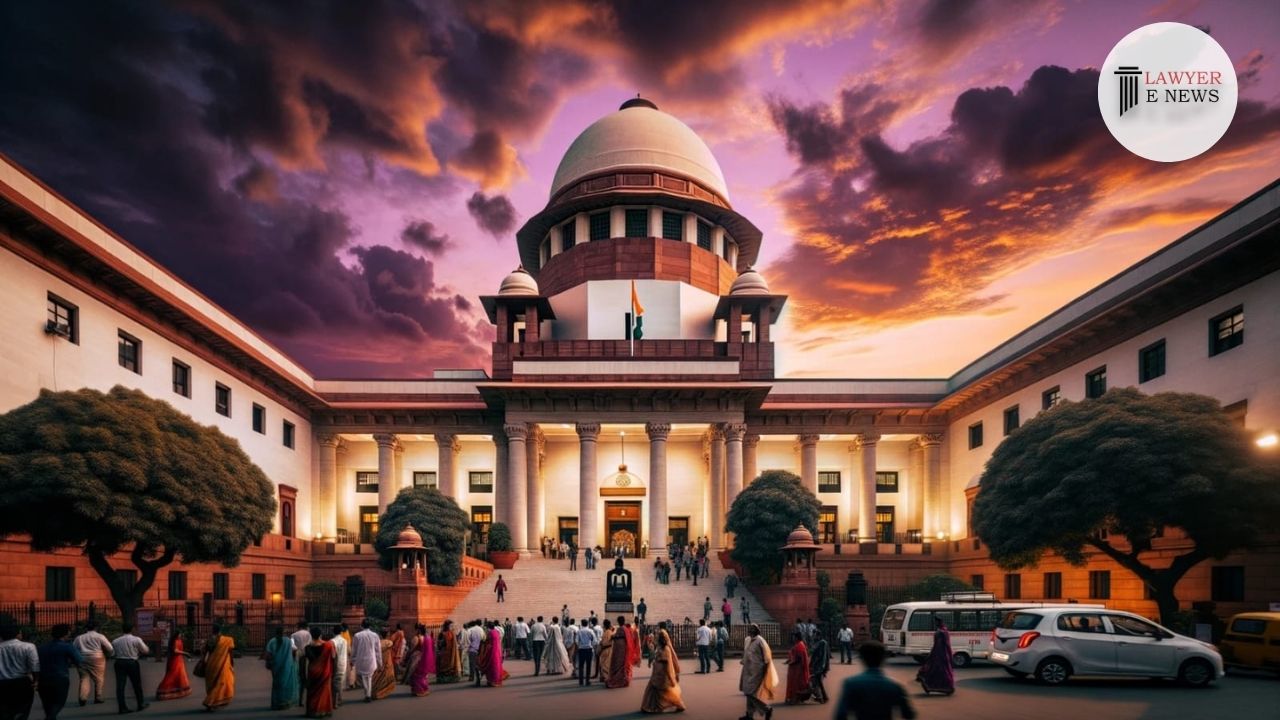-
by Admin
15 February 2026 5:01 PM



The Supreme Court, in a landmark judgment, has quashed the FIR against the creators of the web-series ‘College Romance,’ stating that the excessive use of profanities and vulgar language does not automatically equate to obscenity. This ruling comes in light of the appeal filed by the web-series’ creators against the High Court’s order refusing to quash the FIR lodged for alleged obscene content.
Legal Point of the Judgement: The apex court’s decision primarily hinged on interpreting Sections 67 and 67A of the Information Technology Act, 2000. The court examined whether the usage of profane language in the web-series constituted obscenity or sexually explicit content warranting prosecution.
Background and Facts: The issue originated with the FIR lodged against the appellants, including actors and creators of ‘College Romance,’ for allegedly publishing obscene and sexually explicit content, particularly in the episode titled ‘Happily Fd Up’. The High Court had dismissed the petition to quash the FIR, leading to the appeal in the Supreme Court.
Court Assessment: Justice Pamidighantam Sri Narasimha, delivering the judgment, meticulously analyzed the meaning of ‘obscenity’ and ‘sexually explicit’ under the said sections. The Court noted, “Vulgarity and profanities do not per se amount to obscenity,” distinguishing between mere profanity and what legally constitutes obscenity. The judgment underscored that for content to be deemed obscene, it must be lascivious, appeal to prurient interests, or have a tendency to deprave and corrupt.
In interpreting ‘sexually explicit material,’ the Court clarified that the content in question did not fall under this category, emphasizing the difference between explicit sexual content and content containing vulgar language. The Court observed, “The literal meaning of such language, although sexual in nature, does not arouse sexual feelings or lust in a viewer of ordinary prudence.”
Decision: The Supreme Court allowed the appeal, setting aside the High Court’s judgment and quashed the FIR, reiterating the protection offered to artistic expression under the right to freedom of speech and expression.
Date of Decision: March 19, 2024
Apoorva Arora & Anr. Etc. Vs. State (Govt. Of NCT Of Delhi) & Anr.
